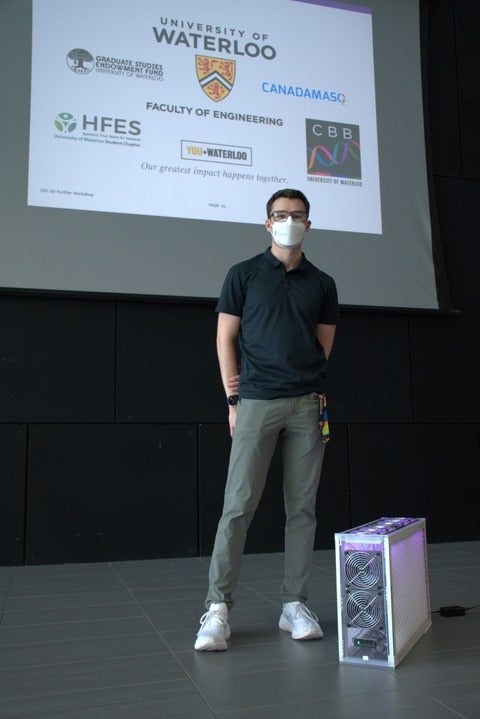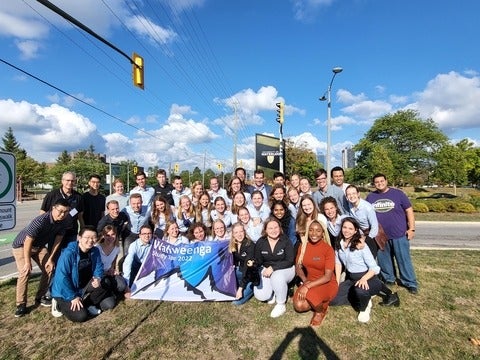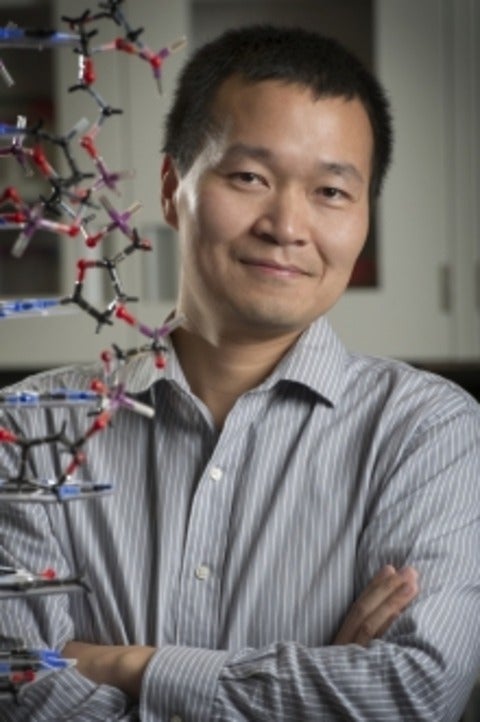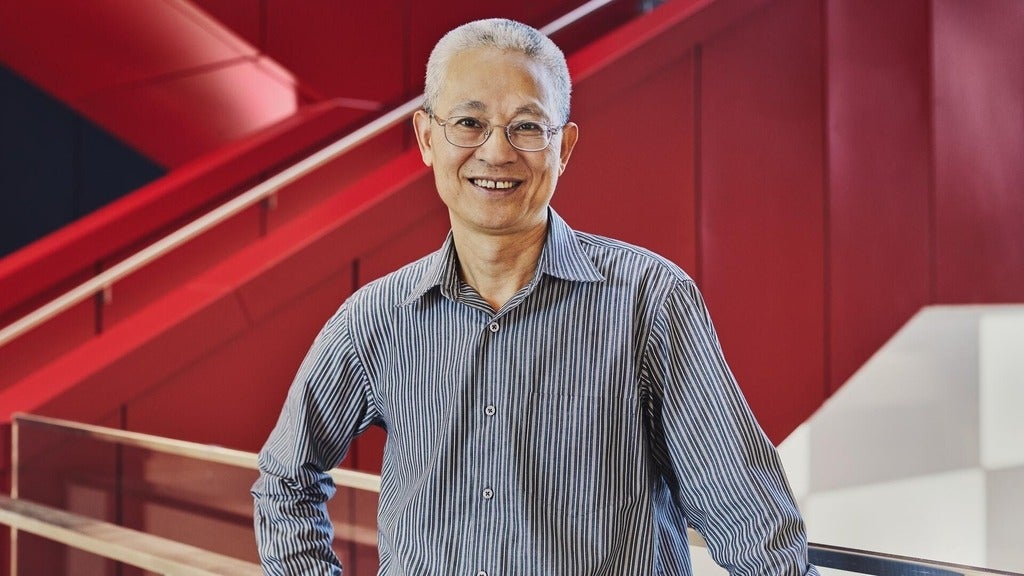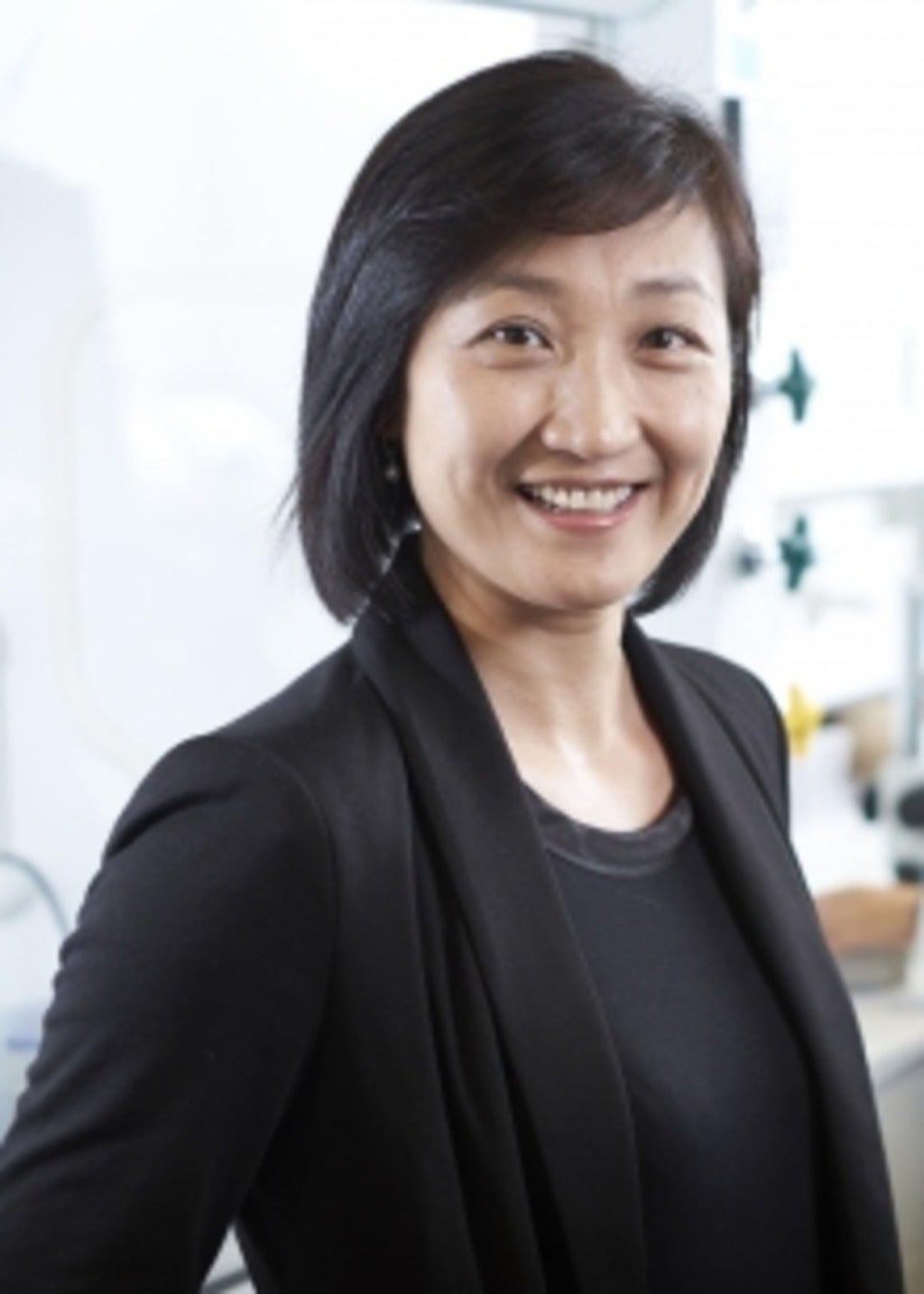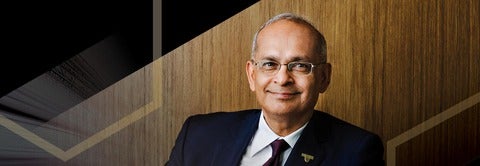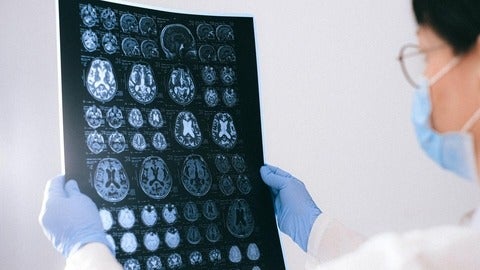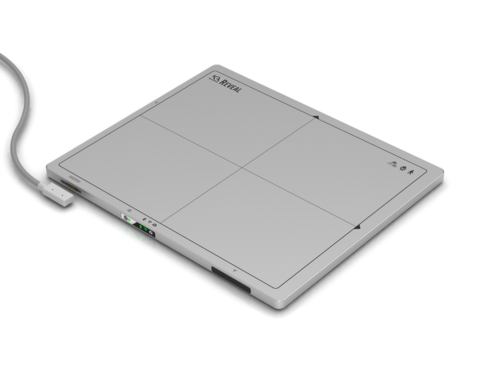Waterloo PhD student teaches individuals how to build their own low-cost and efficient air purifier.
Ryan Tennant, a PhD student from the Department of Systems Design Engineering at the University of Waterloo, hosted a hands-on workshop for staff and students on August 27, 2023, where participants learned how to build their own affordable air purifier with performance comparable to commercial models.
